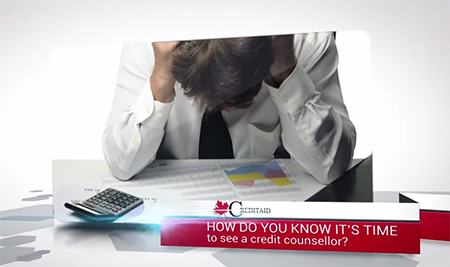Life is trying to get back to normal. As the COVID-19 numbers drop, more retail stores are reopening, which is a great sign for our economy, but may not be as good for your pocketbook. Try to avoid getting caught up in the excitement of things getting back to ‘normal,’ and be mindful of your spending.
Before you shop, ask yourself the following questions.
Is this an Impulse Buy?
Are you shopping with a list? If you are, is the item you’re holding or that you ‘need to buy’ on your list? If not, it’s an impulse buy. Even if you don’t have a list, but you look at things you don’t need or didn’t intend to buy; it’s an impulse buy.
Rather than buying without thinking, give yourself 48 hours. Leave the store or close your web browser without buying the product. After 48 hours, if you’re still thinking about the item, maybe it’s something worth buying. Chances are though, if it was an impulse buy, you won’t even think about it again.
Continue reading “Stores are Open – Reign in your Spending”









